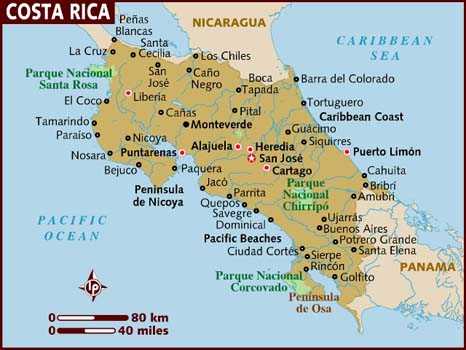SAN JOSE – The Costa Rican Coffee Institute ( ICAFE ) has started distributing a new variety of coffee resistant to the roya fungus that has devastated coffee crops across Central America during the last several years.
ICAFE started handing out Obatá seeds in the cantons of Pérez Zeledón and Coto Brus on Tuesday, and will start distributing them to ICAFE regional offices across the country starting the week of Jan. 13 until the end of March, according Jorge Ramírez, technical manager for ICAFE.
The new coffee variety, Obatá, is a product of coffee’s global reach. Brazilian coffee growers combined Villa Sarchí, a variety from Costa Rica, and another from the Southeast Asian island of Timor to develop to roya-resistant plant.
Ramírez said that the Obatá variety offers farmers a more predictable and homogenous coffee plant compared to other roya-tolerant varieties.
ICAFE has been experimenting with the variety since 2010 at its research facility in San Pedro de Barva, Heredia, north of the capital. Besides its anti-fungal properties the variety produces a large crop but requires high humidity and lots of fertilizer.
Ramírez told The Tico Times Obatá has a flavor profile similar to other common Arabica varieties planted in Costa Rica, like Caturra and Catuaí.
Costa Rica was one of the countries hardest hit by roya, also known as leaf rust. During the 2012-2013 harvest, more than 60 percent of Costa Rica’s coffee-growing regions were affected by the fungus, according to a report from the International Coffee Organization.
In December 2013, ICAFE estimated the 2013-2014 crop would drop 19 percent from the 2012-2013 harvest because of lingering crop damage from leaf rust and low international prices driving farmers out of the market.
Source: Tico Times


















